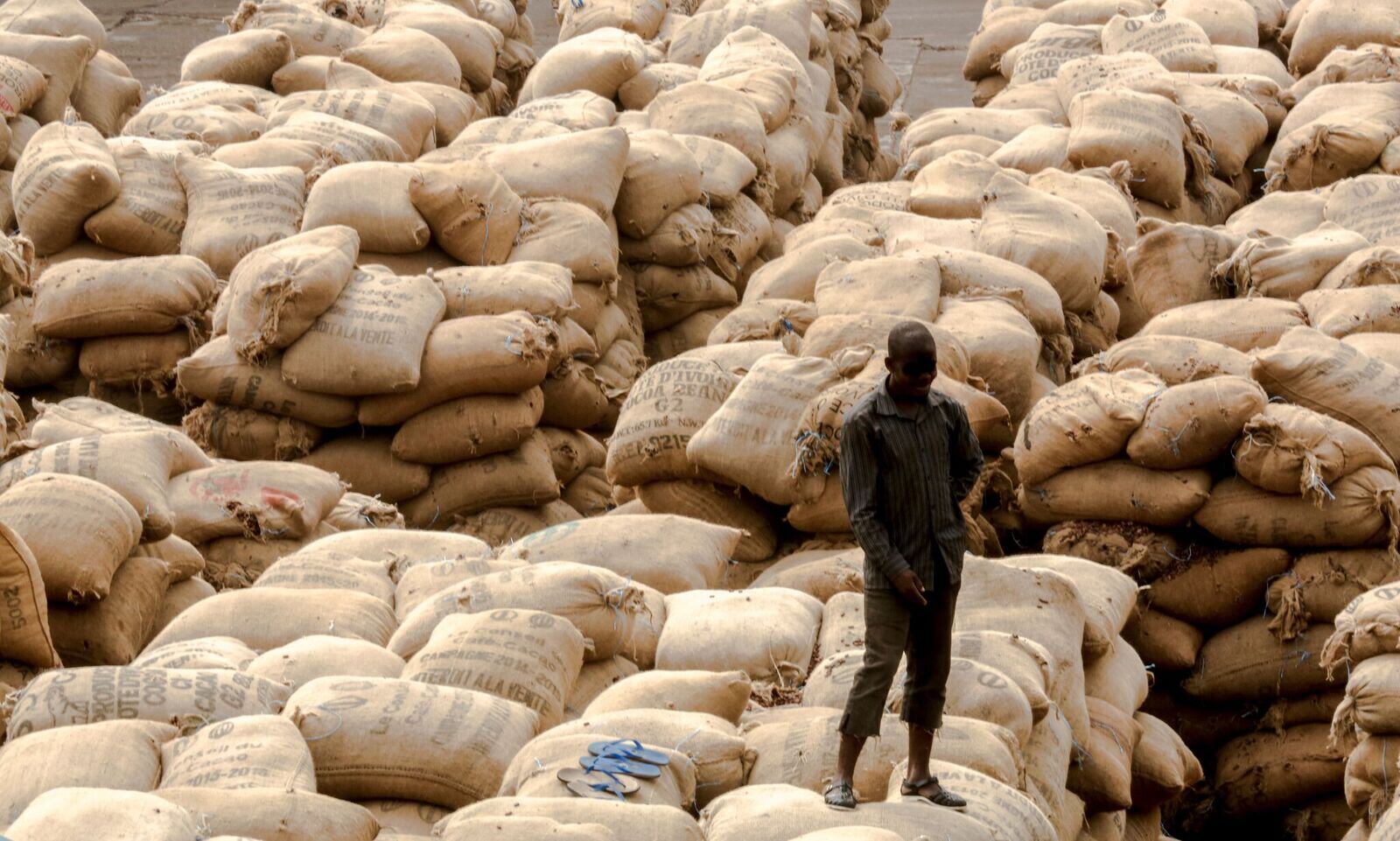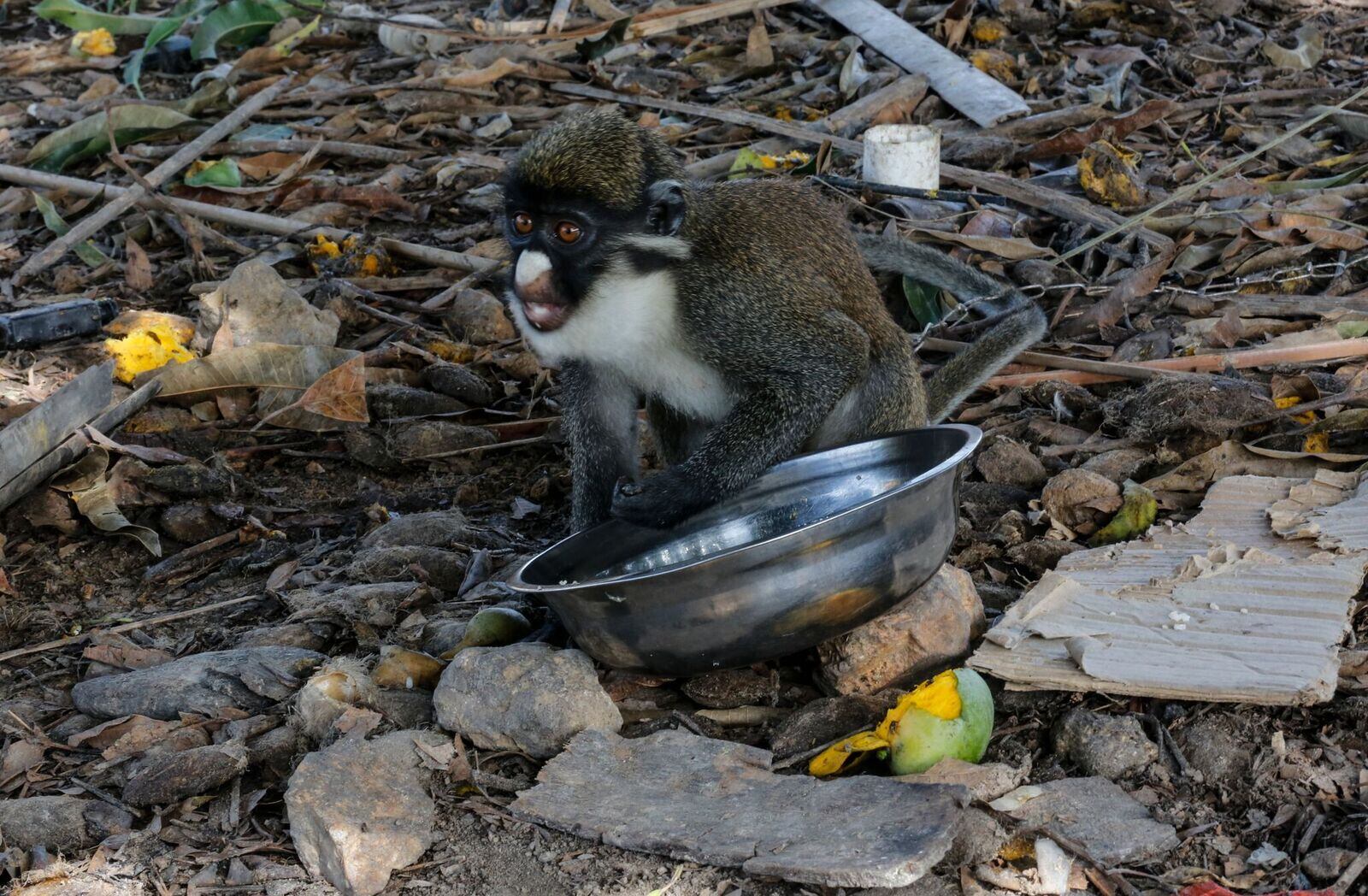Chocolate companies such as Mars, Mondelēz, Nestlé and Hershey came together with the Ivorian and Ghanaian governments as well as NGO partners in March this year to form the Cocoa & Forests Initiative.
It came as a Mighty Earth report exposed that around 2.1m hectares of forest area was cleared in Côte d’Ivoire and 820,000 hectares in Ghana over 10 years, a quarter due to cocoa production.
The Cocoa & Forests Initiative today announced Framework for Actions for Ghana and Côte d’Ivoire at COP23 in Bonn, Germany.
The focus is to grow more cocoa on less land.
'Laissez-faire' cocoa sourcing

A recent report by NGO Mighty Earth found cocoa-led deforestation is rife. Its report claimed cocoa production was responsible for a quarter of 291,254 acres of protected forests cleared in Côte d’Ivoire between 2001 and 2014 and 7,000 square kilometers of forest lost in Ghana over the same time, equivalent to 10% of its entire tree cover. It blamed a "laissez-faire" approach to cocoa sourcing.
Both frameworks commit signatory companies and the governments to intensifying cocoa production on sustainable land and to diversify crops to help farmers boost yields and income, thus reducing pressure on forests.
The frameworks are very similar, but have slightly different definitions of protected forest. See documents below for details.
The frameworks pledge for no further conversion of land for cocoa from January 1, 2018.
What can signatories companies source?
In Ghana, signatory companies commit to stop sourcing from “less degraded Forest Reserves” from December 31, 2019.
For “more degraded Forest Reserves” in Ghana production and sourcing will continue for 25 years, but under an agroforesty system called ‘The Modified Taungya’ (see details in the document), which it hopes will restore the forest to a healthy intact state.
In Côte d’Ivore, signatories commit to end sourcing from National Parks and reserves “through their traceable direct sourcing programs, including farmer organizations and cooperatives” by January 1, 2018.”
Traceability and reporting progress
Companies sourcing from both origins commit to 100% traceability from farm to first purchase by December 31, 2019.
Companies must also have systems to monitor and measure progress towards goals in the Frameworks by December 31, 2018, for Ghana and by September 30, 2018, for Côte d’Ivoire.
This means annually and publicly disclosed reporting on progress and outcomes from both governments and from signatory companies.
Companies must also publicly disclose individual action plans by the end of 2018.
The Frameworks pledge to boost yields for farmers and to support them to grow other crops as additional income. But there are no guarentees of a living income for farmers, which NGO the Voice Network previously said should be a key aim.
The following companies have signed the Frameworks and more are expected to join:
Signatories to the Frameworks
- Barry Callebaut
- Blommer Chocolate Company;
- Cargill Cocoa and Chocolate
- CEMOI
- Cococo Chocolatiers
- ECOM Group
- Ferrero
- General Mills
- Godiva Chocolatier
- Guittard Chocolate Company
- The Hershey Company
- Mars Wrigley Confectionary
- Meiji
- Mondelēz International
- Nestlé
- Olam Cocoa
- Sainsbury’s
- Toms Group
- Touton
- Tree Global
- J.H. Whittaker & Sons
Brian Beck, president of signatory company Cococo Chocolatiers, said: “There is a role here for everybody who is willing to commit. The cocoa industry depends upon West Africa, and we—all of us—depend upon the same planet.”
Mighty Earth: ‘There is a lot of work indeed to be done’

Mighty Earth said in a release: “This announcement represents the start of this work, not its end.
“More than 90% of Côte d’Ivoire’s forests are already gone, and 7,000 square kilometers of Ghana’s forests were cleared between 2001 and 2014.
“Elephants, chimpanzees and some spectacular but little known species of monkeys have been pushed by the chocolate industry into tiny remnant patches. There is a lot of work indeed to be done before consumers can feel good again about consuming some of their favorite chocolate brands. “
However, the NGO the chocolate industry and their governments “are finally setting about the task in a serious way” and it commended Prince Charles for his involvement.
Extending the pledge to other origins
Mighty Earth said the highly profitable companies that have sourced cocoa from national parks and protected areas for years need to make a sizable financial contribution to restoring forests.
“This is an $100bn a year industry and the cost per company of doing the right thing would be a small fraction of a percent of their annual revenue,” it said.
It called on companies to extend the pledge to all cocoa origins as an immediate next step.
“It’s great that the industry is taking steps to protect chimpanzee habitat in Côte d’Ivoire, but that doesn’t mean anyone wants to eat a chocolate bar that killed an orangutan in Indonesia or a sloth in Peru,” it said.
Mighty Earth also urged to ban hazardous pesticides that it alleges impair waterways and threaten the health of local communities.
The frameworks can be downloaded HERE. And are also available below:
